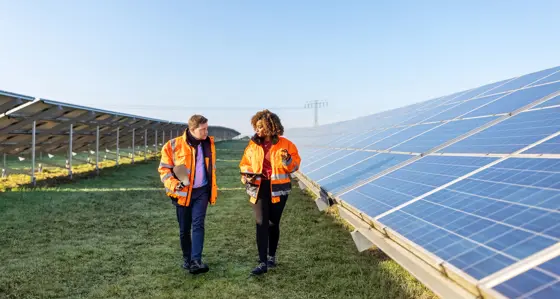
Decarbonising heat
9 March 2020
Decarbonising heat is a generational challenge
Different regions of the world take different approaches to heating their buildings, generally based on locally available resources, and the price of power. In the UK, these factors have led to gas being the predominant model of heating, and as a result, buildings are a major source of greenhouse gas emissions, accounting for 88 MtCO2 of emissions (18% of UK total).
Achieving net zero by 2050 requires ramping up action, and while programs are well under way in power generation and surface transport, concerted action in heat is absent.
Vattenfall worked in collaboration with Baringa to analyse the consumer perspective of heat decarbonisation, and explored characteristics of a potential policy framework that can deliver it.
Related Insights

Navigating the path to sustainable reporting: insights from the IFRS Sustainability Symposium 2024
Baringa's Insights from the 2024 IFRS Sustainability Symposium.
Read more
If ESG isn’t consistently understood, how do super CROs manage this risk?
Learn how superannuation funds and Chief Risk Officers are managing ESG-related risks in this evolving landscape.
Read more
How should super CROs respond to evolving climate change expectations?
Discover how superannuation funds adapt to evolving climate change expectations and the challenges faced by Chief Risk Officers.
Read more
Baringa's Rewards of Resilience White Paper
Why it pays to price physical climate risk into infrastructure investments.
Read moreIs digital and AI delivering what your business needs?
Digital and AI can solve your toughest challenges and elevate your business performance. But success isn’t always straightforward. Where can you unlock opportunity? And what does it take to set the foundation for lasting success?